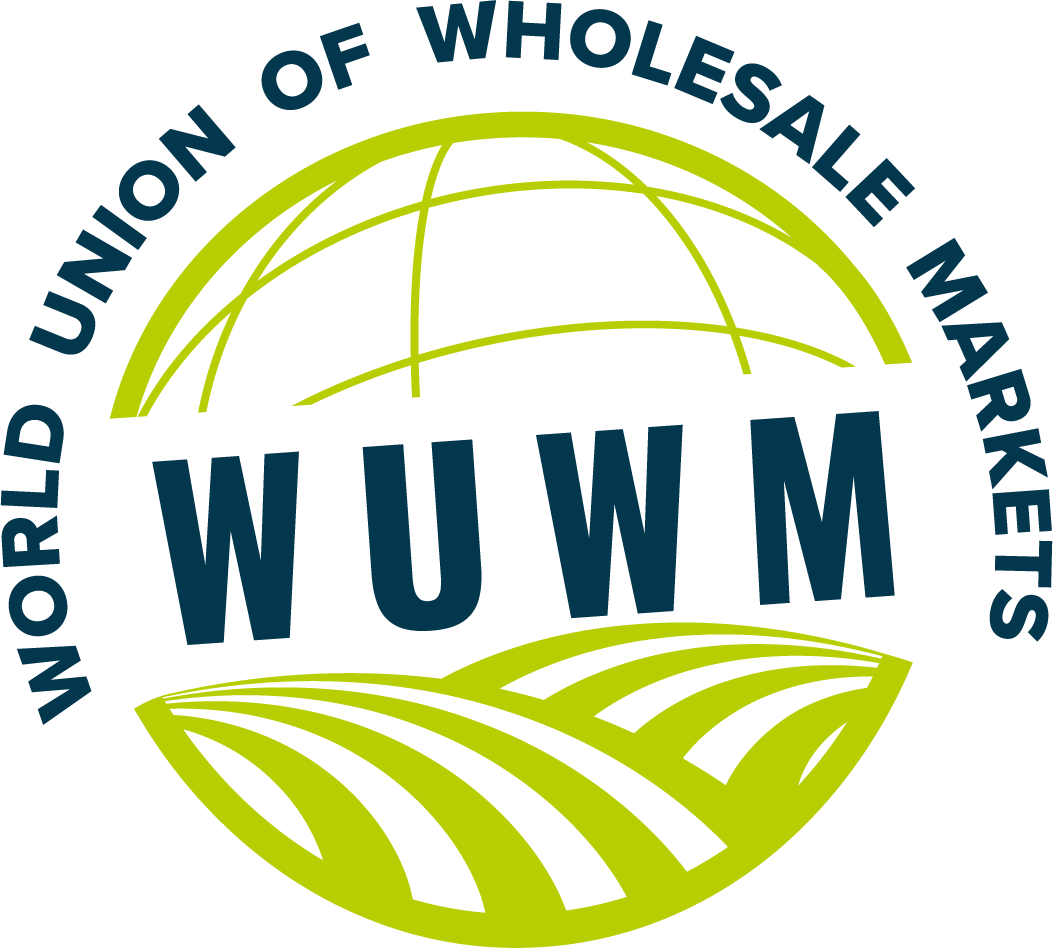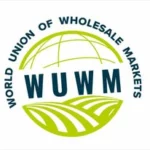Executive summary:
During the WUWM Conference in Belgrade experts discussed the effects of current agriculture policies on modern food markets and the availability of a more diverse offer of markets and quality products due to the “Guaranteed domestic – Markets of Serbia” certification project. In addition, the attendants examined dominant problems and disruptive technologies in the industry, such as the overflow of different types of record-keeping tools and transparency issues. Blockchain technology (a time-stamped series of data records-ledgers) was proposed as a possible solution to most of these challenges as it creates a transparent food supply ecosystem with all participants able to trace the records and the history.
The key outcomes of this meeting are:
- Dominant issues identified in today’s fresh food supply chain are
- Too many participants making it a complex field
- Poor-ineffective information exchange
- Many different types of record-keeping methods and tools, from modern ERPs to lengthy excel sheets, email chains and paper printouts
- Data silos, rarely cover a product’s full supply chain, unable to capture the first mile from the original source
- Traceability problems
- Lack of trust – corruption – incidences of changing expiry dates
- Transparency issues
- Unfair “ecosystems” for producers and/or small intermediaries
- The use of blockchain can help tackle the above issues. A blockchain is, in the simplest of terms, a time-stamped series of data records-ledgers (i.e. block), managed by cluster of computers, not owned by any single entity. Each of these blocks is validated-verified and linked to the others using cryptographic principles (i.e. chain). The data is immutable (cannot be modified) and available to all parties. System-wide consensus on the validity of an entire history of transactions. Transactions are performed under specific & common agreements – smart contracts. All participants can trace the records and the history. It:
- Provides trustable information about food → transparent food supply ecosystems
- Enhances food safety
- Stops food fraud – the system is open for everyone to see
- Ensures fresher food since no one will risk sending “non-fresh” food in an open system
- Eliminates food waste – every single piece of food is accounted for
- Ensures sustainability (food comes from a verified – sustainable source)
- Promotes responsibility among the food producers
- Empowers customers to make better buying choices.
- The next steps in blockchain in the wholesale industry are
- Inform and encourage wholesale companies inside the Market, in order to create blockchains with their partners (suppliers, customers)
- Set up a blockchain network with the use of proprietary solutions, developed by third-party companies. Participation: optional or obligatory
- Some other key technology integration trends to watch are:
- Industry 4.0
- Big data
- Artificial intelligence
- Machine learning
- Virtual and augmented reality
- The certification project “Guaranteed domestic – Markets of Serbia” should enable the potential for the production of more valuable foods, which is owned by small agricultural producers, and to push them in a good direction as well as to provide a multiple benefit because it will:
- provide a more diverse offer on markets and new guidelines for adapting to retail market requirements;
- offer a rich selection of quality and safe food from the local environment to more demanding ecologically and healthily responsible customers;
- contribute to the preservation of the rural environment and to encourage the development of family entrepreneurship.
Main issues discussed:
-
- The effects of current agriculture policies on modern food markets
- Prof. Vlade Zarić, University of Belgrade, Faculty of Agriculture, Serbia
- Dr Altivo Almeida Cunha, FAO’s consultant for Latin America and the Caribbean on Wholesale Markets, former President of Ceasaminas Wholesale Market (Belo Horizonte), Brazil
- Vuk Radojević, Provincial Secretary for Agriculture, Water Management and Forestry, Serbia
- Panel discussion
- Fabio Massimo Pallottini, Managing Director CAR and Chairman ITALMERCATI, Italy
- Dan Carmody, President Eastern Market Corporation, USA
- Konstantinos Rotsios, Academic Dean, American Farm School of Thessaloniki, Greece
- Silvia Llerena, Director of Business Development of MERCASA, Spain
- Savo Duvnjak, Executive Director, Business Association of Serbian Markets
- Wholesale and retail markets modernisation and renovation experiences
- Roberto Alonso Gordón, Co-Founder and CEO of the Platform for support to retail markets DREAMING MARKETS, Mexico
- Bojan Bajagic, Director of JKP, ” Gradske pijace” Belgrade, Serbia
- Jean-Paul Auguste, President, Groupe Geraud, France
- Benoît Juster, Executive Director, SEMMARIS, Paris, France
- Pablo Vilanova, Director of Strategy, MERCABARNA, Barcelona, Spain
- Darren Henaghan, Managing Director, Borough Market, UK
- Disruptive technologies potential impact on food market strategies
- Josep Tejedo, Managing Director, MERCABARNA, Barcelona, Spain
- Bojana Kuveljic, Deputy Director and Logistics Manager at AWT International, Serbia
- Dr Donald J. Darnall, Executive Director of the Maryland Food Center Authority (the “MFCA”) USA and WUWM Honorary Chairman
- Ioannis Nanos, Business & ICT Consultant, Ext. Lecturer at University of Macedonia, former CEO of the Central Market of Thessaloniki, Greece
- Wu Mengqiu, Shanghai Vegetable Group, China
- Dr J S Yadav, Managing Director COSAMB (National Council of State Agricultural Marketing Boards), New Delhi, India
- Nikica Marinkovic, Box System LLC, Serbia
- The effects of current agriculture policies on modern food markets


